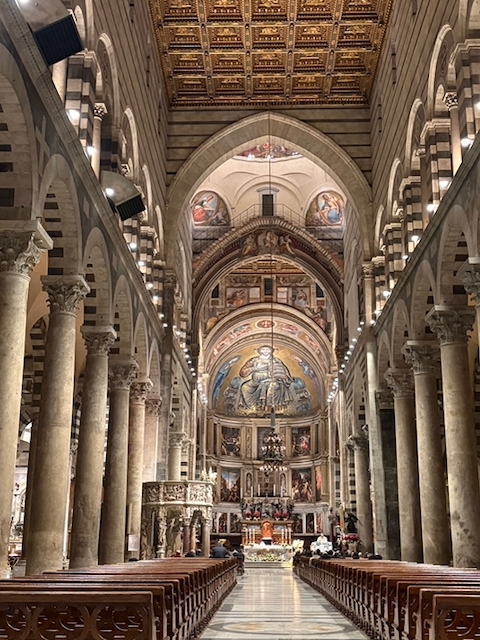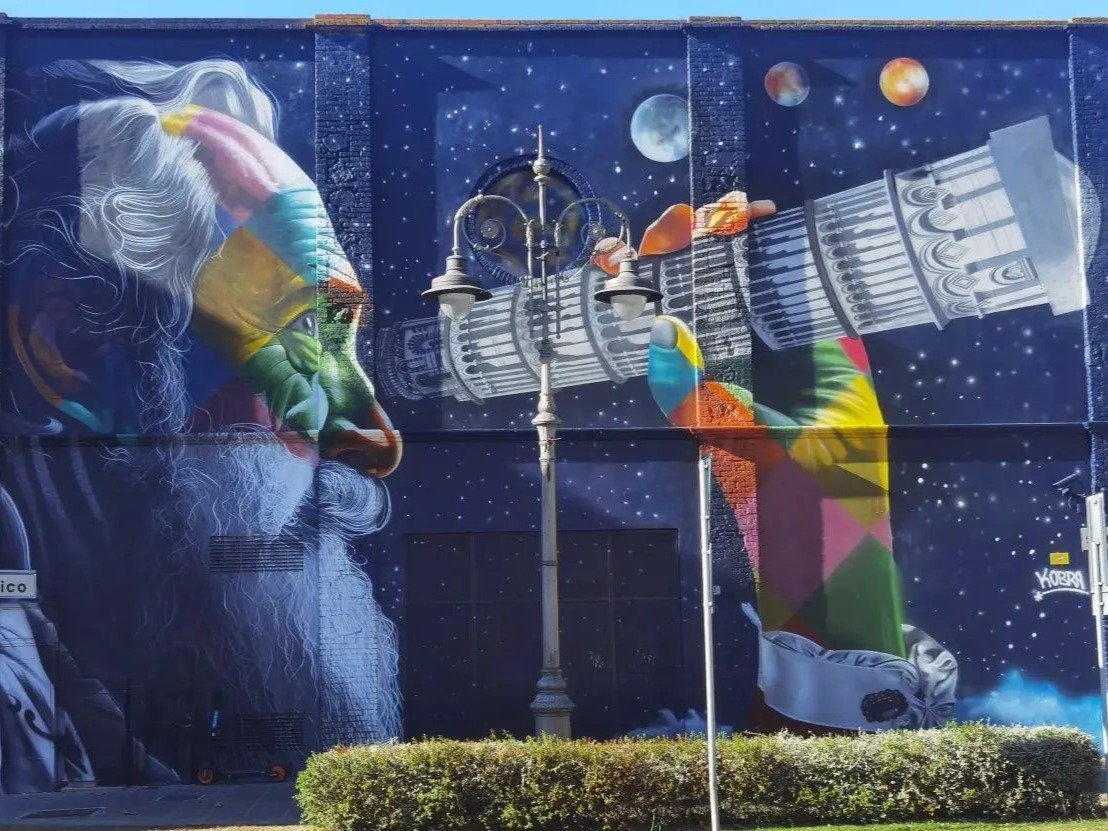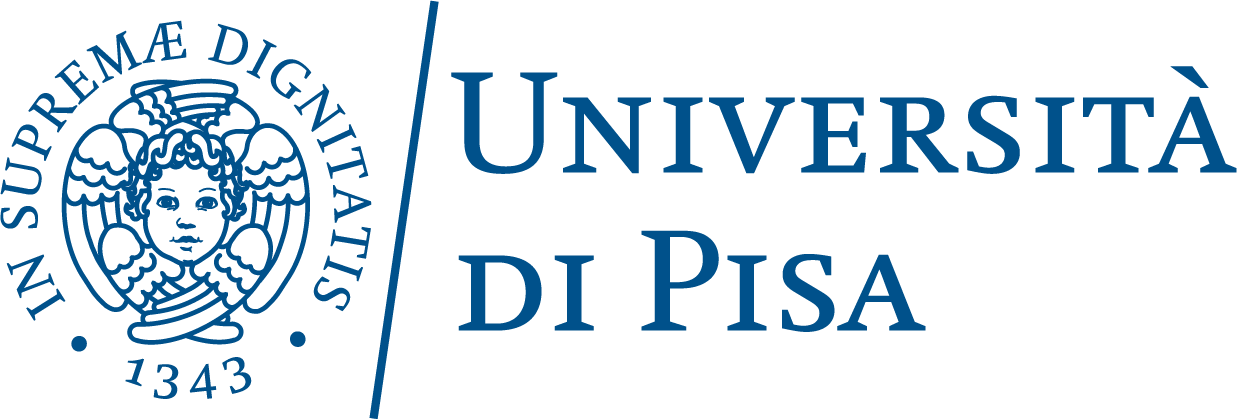24 – 28 August 2026
Pisa, Italy
Euro-Par is the premier European forum for all aspects of parallel and distributed computing.
Building on three decades of success, the conference offers an invigorating week of scientific exchange, spanning the full spectrum of the field: from foundational algorithms to end-to-end applications; from low-power edge devices to exascale and cloud-to-edge federations; from architectural breakthroughs and compiler innovations to emerging programming models, performance engineering, reproducibility, and sustainability.
Its well-established topic structure fosters deep technical dialogue while enabling cross-fertilisation among researchers, practitioners, and students from across Europe and beyond. Whether you are advancing theory, developing tools, or deploying large-scale systems, Euro-Par provides a vibrant, inclusive platform to present results, explore new ideas, and shape the future of high-performance and distributed computing.


Pisa - A crossroads of Art, History, and Science
Pisa, a city rich in history, boasts a historical heritage of great value, including the stunning "Piazza dei Miracoli" (Miracle Square), where the "Torre Pendente" (Leaning Tower), "Battistero" (baptistery), the "Cattedrale" (Cathedral), and the Monumental Cemetery create a breathtaking ensemble. The Botanic Garden, right in the city center, is the oldest in Europe (founded in 1543) and the first university botanic garden in the world. Beyond its architectural and natural wonders, Pisa is a cultural center with charming streets, museums, and typical squares, offering a blend of history and contemporary Italian culture in a peaceful atmosphere. Pisa, often called the "City of Galileo", proudly carries on the legacy of one of history's most outstanding scientists, Galileo Galilei, the famous 16th- and 17th-century scientist involved in the Scientific Revolution. He was born in Pisa in 1564 and made revolutionary contributions to physics, astronomy, and mathematics. Visitors can explore the places linked to his youth and education, connecting with the roots of his extraordinary intellectual journey. According to legend, "Piazza dei Miracoli" was a scientific laboratory for Galileo's discoveries, such as his legendary experiments on the free fall of the graves conducted from the top of the Leaning Tower and the discovery of the isochronism properties of the pendulum's oscillations, observing the Cathedral's votive lamp (the lamp visible today is a replica of the original). Pisa maintains its scientific heritage alongside its world-famous monuments and offers visitors a unique combination of architectural beauty and intellectual history.
The University of Pisa holds a prominent place in the history of Italian Computer Science. In 1957, the University's Study Center created the "Macchina Ridotta" (Reduced Machine), a prototype of the Calcolatrice Elettronica Pisana (CEP), Italy's first electronic computer for scientific research, inaugurated in 1961. The CEP project also provided the design foundation for the Olivetti Elea 9003, the first commercial electronic computer introduced to the world market. Today, the University of Pisa's Department of Computer Science continues this pioneering tradition, keeping the city at the forefront of computing research and education.
Join us for an inspiring journey where innovation meets history in the heart of Tuscany at Euro-Par 2026 in Pisa, where groundbreaking ideas, lasting connections, and unforgettable moments await!
